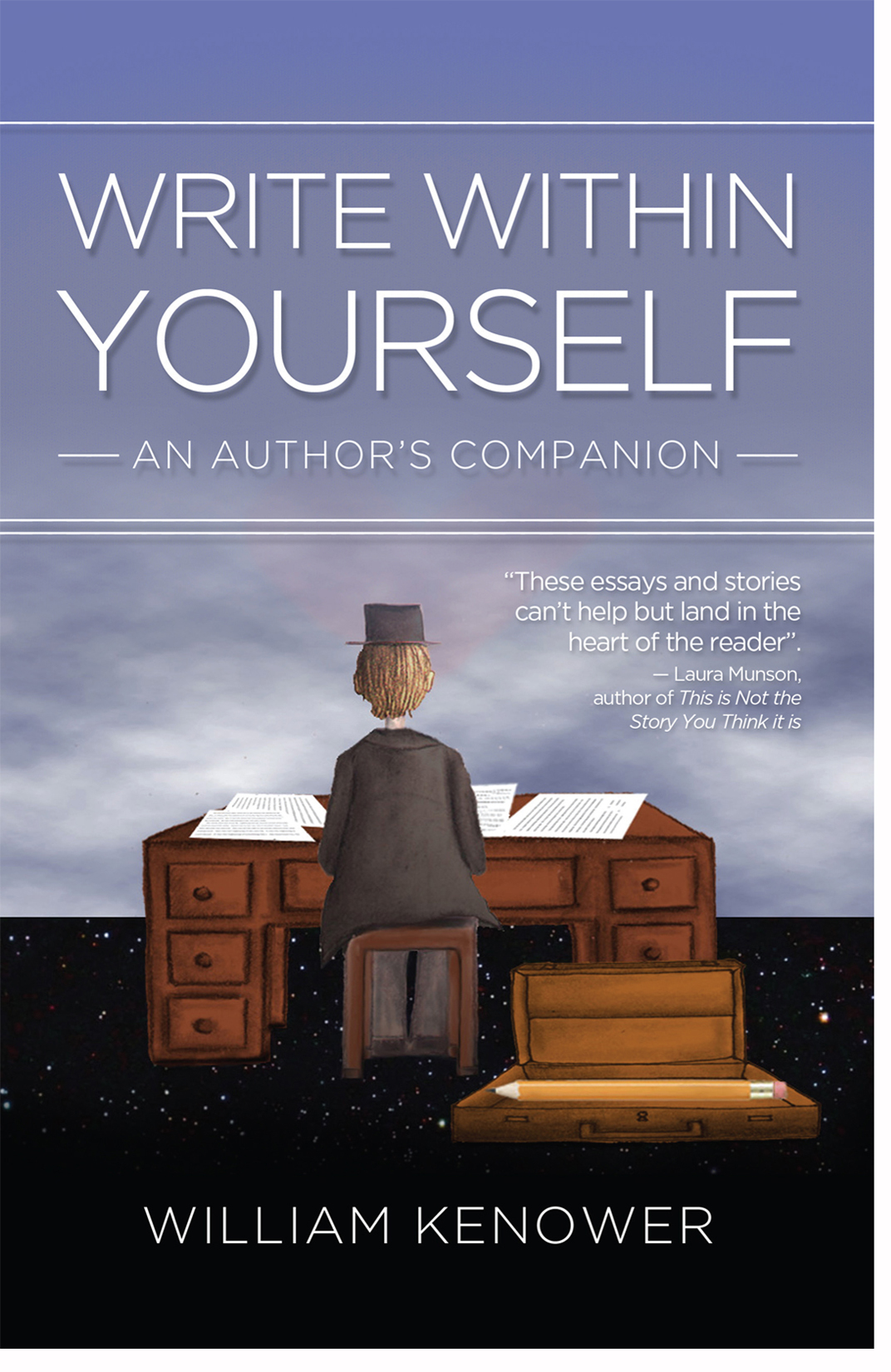No Difference
If you’re going to write anything at all, whether it’s an epic poem or an historical romance or a cyberpunk vampire space opera, you have to be able to tell the difference between one thing and another. You must be able to tell the difference between a story that interests you and a story that does not; you must be able to tell the difference between forcing a word or a scene or a character, and allowing a word, scene, or character. This is how you really learn to write. Nothing in all the classes you take or books you read can ever replace this felt, uniquely personal understanding. And to write anything at all, you must be able to tell the difference between love and fear, between loneliness and companionship, between confidence and insecurity. To show something we must contrast it against its opposite in the same way we most enjoy breathing immediately after holding our breath. We create danger so our reader can fully appreciate safety, despair so they can appreciate contentment.
Remember, however, that all the differences we experience and learn to perceive are ultimately a part of a flawlessly integrated whole. To walk a tightrope, you must learn the fine difference between balance and imbalance. And yet these two opposites are in service to the same goal. The discomfort we have named imbalance is there to help, not to punish. So it is with all discomfort, and with everything we have discarded in favor of a different thing. Yes cannot exist without no, as form cannot exist without shadow.
As abstract as this concept may seem as you go about the very practical business of writing your next legal thriller or your first tender coming-of-age love story, it remains the source of your creative wellbeing. The idea that your creations are but a shadow, is anathema to creativity. We are not in the business of good and bad; we are in the business of what we want and don’t want. Everything is good in the end, even that meandering first draft you scrapped. You are a better writer because of it.
Which is why you have suffered so when you believed you were no good, that what you planted could not grow. You had believed completely in the good and the bad, had demanded it of the world, and yet if you looked closely at anything that you named bad you always saw some good. And so you labeled yourself bad to maintain this useless idea. The suffering you knew even then was merely guiding you back to the truth, back to what you are, back to what you want to create.
Write Within Yourself: An Author's Companion.
"A book to keep nearby whenever your writer's spirit needs feeding." Deb Caletti.
You can find William at: williamkenower.com


